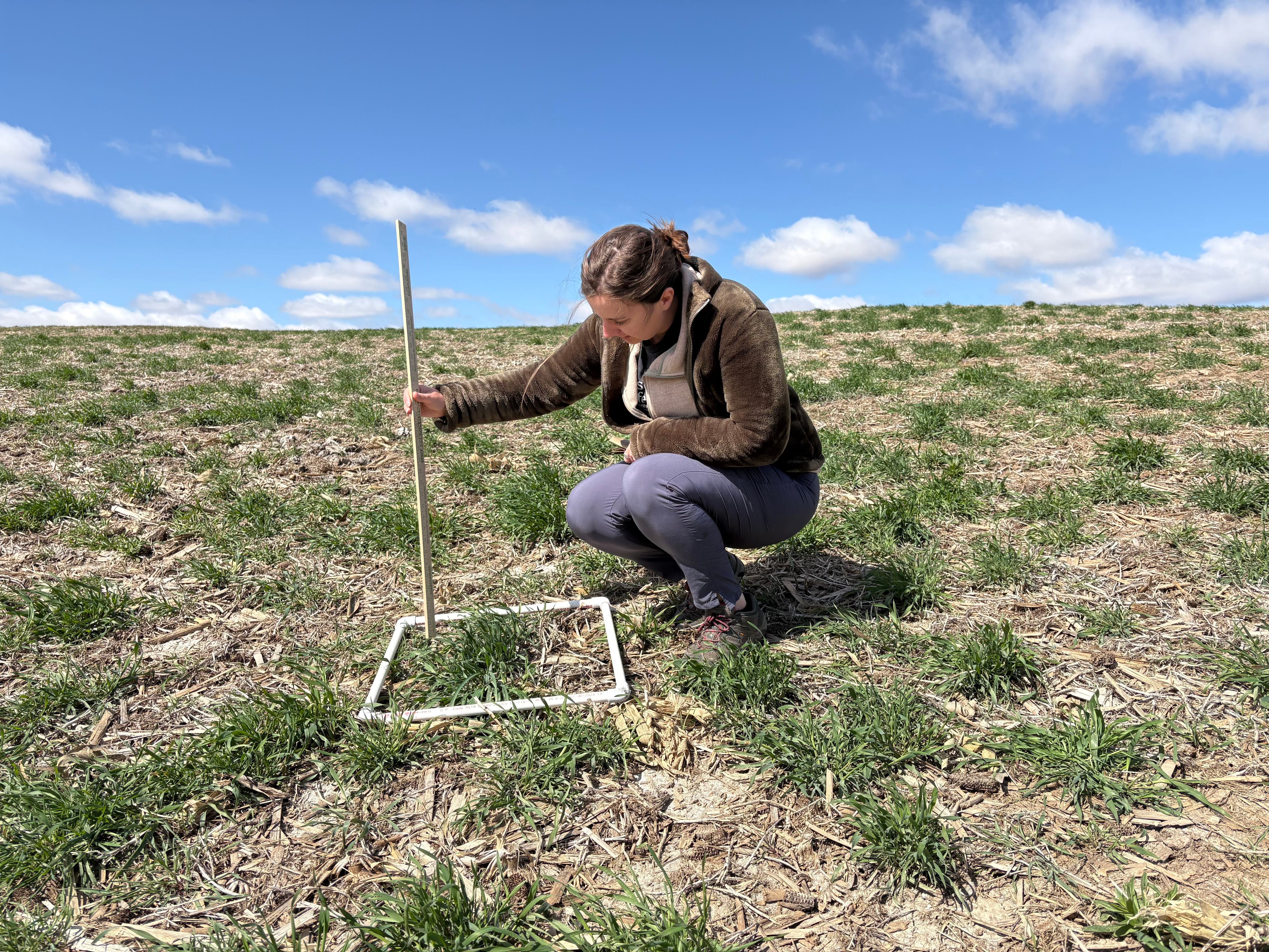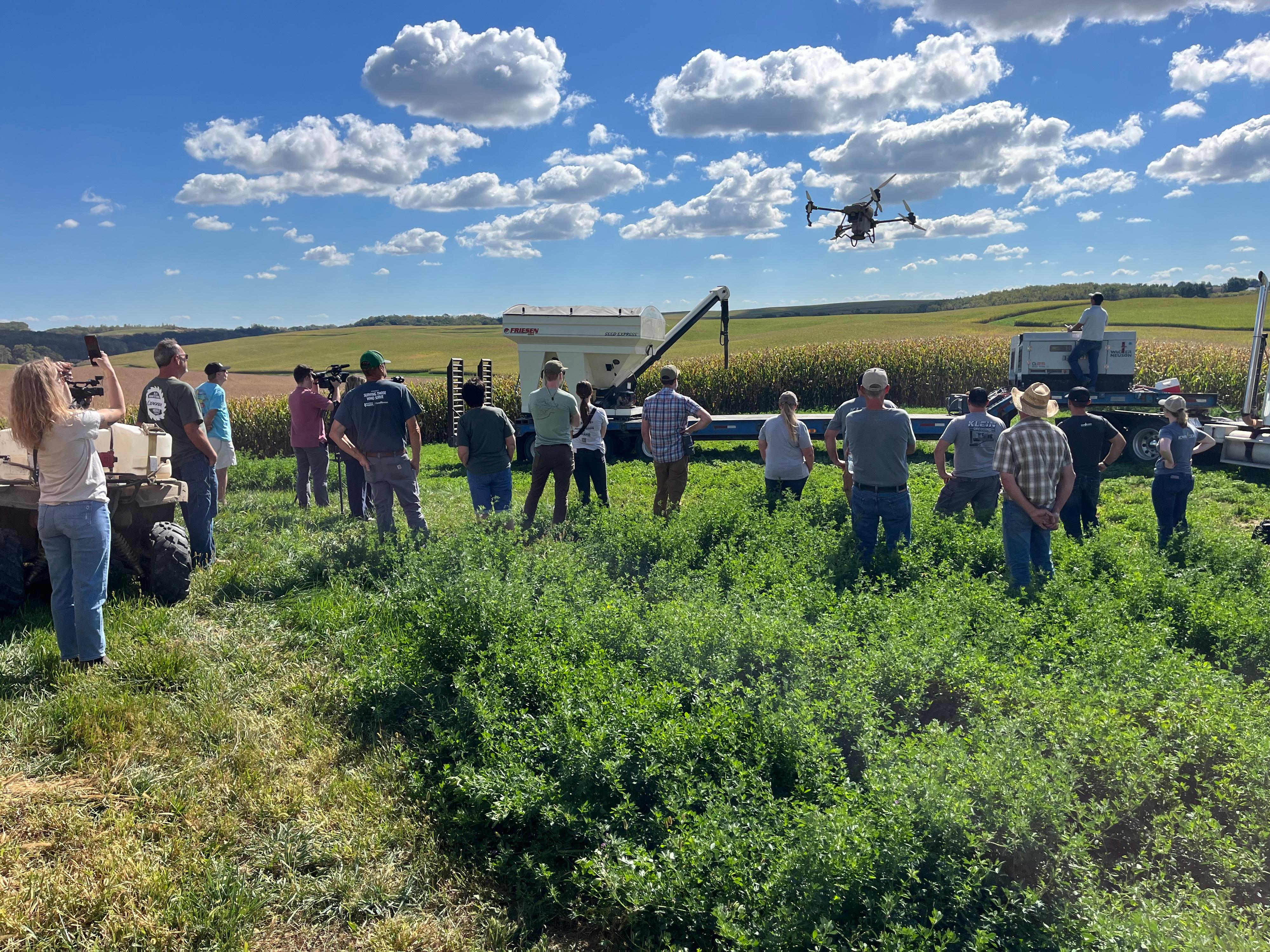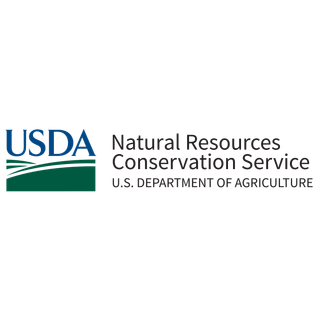WISCONSIN FARMER-LED FUND - REQUEST FOR PROPOSALS
The deadline for 2026 proposals has passed. Check back in the fall for the 2027 funding opportunity, or reach us via the contact info in the 2026 request for proposals below.
SEE THE REQUEST FOR PROPOSALS HERE
Advancing Farmer-Led Groups in Illinois, Iowa, and Wisconsin
One of the most promising trends in agriculture in recent years is the growing enthusiasm of farmers to simultaneously improve soil health, resilience to extreme weather, and farm profitability.
Increasingly, farmers are promoting these goals to their peers by organizing groups within their local watersheds and communities. Agricultural and conservation partners can accelerate this progress by supporting flexible, customized financial incentives led by farmer networks at the watershed scale.
In 2023, Sand County Foundation secured a $13.8 million Regional Conservation Partnership Program award from the USDA Natural Resources Conservation Service to build upon the success of farmer-led groups in Wisconsin, and to initiate similar farmer-led groups in watersheds across Illinois and in Dubuque County, Iowa.

This project enables farmer-led groups to apply conservation practices through locally designed financial incentives and individual technical assistance to farmer peers in their watersheds. The mix of practices and the structure of financial incentives varies according to the needs and preferences of each group. All groups prioritize improvement of local water resources through improved soil health, continuous living cover, and retention of nutrients on farmland. Applied practices also lower greenhouse gas emissions and sequester carbon in the soil.
This work is funded by the U.S. Department of Agriculture's Natural Resources Conservation Service, with programming support from Nestle Purina, Syngenta, and Field to Market.
PROGRESS TO DATE
To date, the program has enabled farmers in nine farmer-led groups to seed nearly 30,000 acres of cover crops over two seasons. An additional six groups will soon begin supporting prescribed grazing, reduced tillage, and biochar applications.

Wisconsin: Sand County Foundation created a "Farmer-Led Fund" to complement the Wisconsin Department of Agriculture, Trade and Consumer Protection "Producer-Led Watershed Protection Grant" program to farmer groups within specific watershed boundaries. See the current call for proposals above.
Iowa: In partnership with Dubuque County Watersheds, Sand County Foundation deployed a "Batch and Grow" program through which drone operators overseed cover crops before harvest, saving farmers time and reducing costs compared to traditional incentive programs.
Illinois: Our partner American Farmland Trust established five new Farmer-led Advances in Soil Health (FLASH) groups in 2025, with additional groups on the horizon in coming years.
For more, view these news stories on the project:
Producer-led Watershed Program causes ripple effect: Progressive Forage
Consider high-flying seeders: AgriView
Free aerial seeding initiative aims to boost soil conservation in Dubuque County: CBS Iowa
Farmers Leading the Way in Regenerative Agriculture: Field to Market Blog
DUBUQUE COUNTY DRONE COVER CROP PROGRAM
Sand County Foundation is developing a research project to study the efficacy of drone seeding. To learn more about this research, please contact Haleigh Summers at hsummers@sandcountyfoundation.org.
READ more about our drone seeding project here...and watch the video below.
Dubuque County Drone Cover Crop Program
This material is based upon work supported by the U.S. Department of Agriculture, under Regional Conservation Partnership Program Supplemental Agreement number 2971






